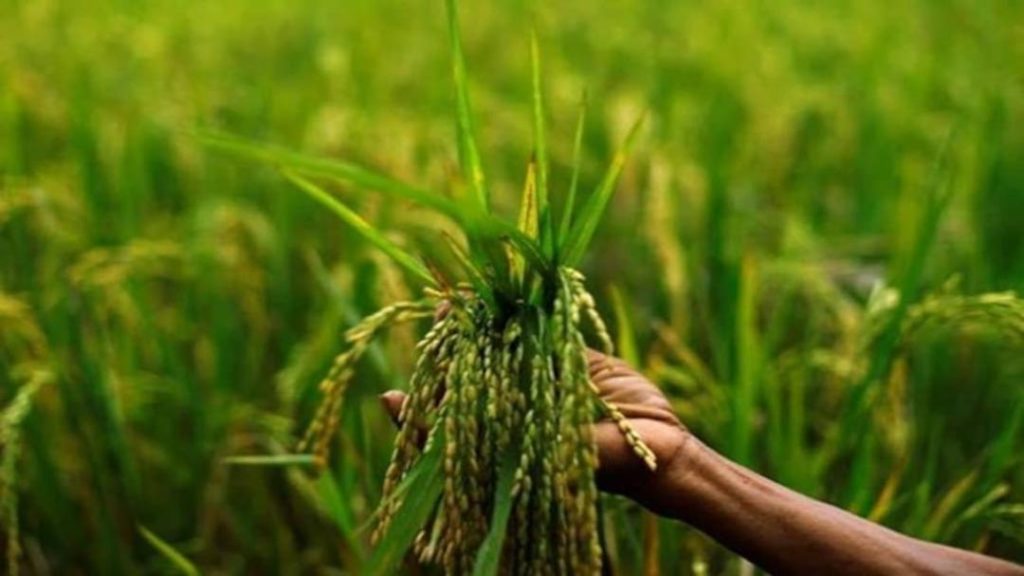
India Cutting Chenab’s Supply Will Increase Water Shortage & Impact Crops, Accepts Pakistan
In a recent development, Pakistan’s Indus River System Authority (IRSA) has accepted that India’s decision to cut the flow of the Chenab river after the suspension of the Indus Waters Treaty (IWT) would lead to increased water shortages across the country. The IRSA has also warned that this move would have a significant impact on the country’s kharif crops, which are already facing a shortage of 21% for the remaining early kharif season.
The IWT was signed in 1960 between India and Pakistan, governing the sharing of the waters of the Indus River and its tributaries. The treaty ensured that Pakistan received a significant portion of the waters from the Indus and its tributaries, including the Chenab, Jhelum, and Sutlej rivers. However, the relations between the two countries have been strained in recent years, and the IWT was suspended in August 2020.
India’s decision to cut the flow of the Chenab river has been met with strong resistance from Pakistan, which has accused India of violating the IWT. Pakistan has been relying heavily on the waters of the Indus and its tributaries for irrigation purposes, and the reduction in flow would have severe consequences for the country’s agricultural sector.
The IRSA has warned that the reduction in flow would lead to a shortage of water for crops, particularly in the Punjab province, which is the country’s breadbasket. The authority has also stated that the water shortage would be more pronounced during the late kharif season, which is estimated to face a shortage of 7%.
The IRSA has also expressed concerns about the impact of the reduced flow on the country’s food security. Pakistan is heavily dependent on agriculture, and any disruption to the sector would have significant economic and social implications.
The Indian government has defended its decision to cut the flow of the Chenab river, stating that it was necessary to ensure the country’s water security. India has been facing a severe water crisis in recent years, and the government has been exploring various measures to conserve water and increase its availability.
The suspension of the IWT has also led to a standoff between the two countries, with Pakistan accusing India of violating the treaty and India accusing Pakistan of not cooperating with the treaty’s provisions. The situation has remained tense, with both countries engaged in a war of words over the issue.
The IRSA’s acceptance of the impact of India’s decision on Pakistan’s water supply and crops is a significant development in the ongoing standoff between the two countries. The authority’s statement highlights the severe consequences that Pakistan would face if the flow of the Chenab river is reduced, and it underscores the need for the two countries to resolve their differences and find a peaceful solution to the dispute.
In conclusion, the suspension of the Indus Waters Treaty and India’s decision to cut the flow of the Chenab river would have severe consequences for Pakistan’s water supply and crops. The IRSA’s acceptance of the impact of this decision highlights the need for the two countries to resolve their differences and find a peaceful solution to the dispute. The situation requires careful management and diplomacy to ensure that the water needs of both countries are met while also protecting the interests of the people.






